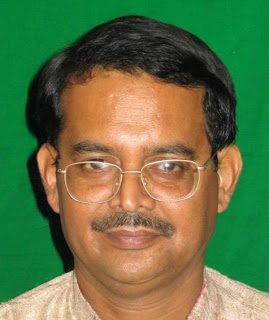IIPM fights meltdown, places 2300 students By Education Mail Bureau
They call it a breather! And why not? Despite the ongoing carnage in the global aviation industry Sir Richard Branson’s Virgin Atlantic has not only been able to end the year on a positive note but it also seems flying high this year without any turbulence (read financial!). All thanks to the fuel hedging and a rise in sales of premium seats the flamboyant airline was able to almost double its pretax profits to £68.4 million for the financial year ending February 28, 2009, from just £34.8 million last year. This definitely puts the privately owned airline aloft of the red-painted crowd, where the number of casualties (read bankruptcies) has reached 30 since the oil price started to soar at the beginning of 2008. But then, critics argue that the falling air traffic and increasing input costs might pull the soaring airline back to the ground. “The current economic downturn is extremely challenging for the airline industry. There will be a particularly pronounced fall in premium class and cargo revenue,” warns Binit Somaia, Regional Director, Center for Asia Pacific Aviation. Thus, with fruit bearers turning futile Virgin is surely to find it tough to maintain its current profitable run.
Ratan Lal Bhagat
For more articles, Click on IIPM Article.
Source : IIPM Editorial, 2009
An Initiative of IIPM, Malay Chaudhuri and Arindam chaudhuri (Renowned Management Guru and Economist).
For More IIPM Info, Visit below mentioned IIPM articles.
Delhi/ NCR B- Schools get better By Swati Sharma
Event at IIPM
2300 IIPM students get jobs
The Most Revolutionary Concept In Education PLANMAN CHE CENTRE FOR HIGHER EDUCATION, Supported by IIPM India’s Leading B-School
Detail of all IIPM branches
IIPM - Admission Procedure
IIPM, GURGAON








